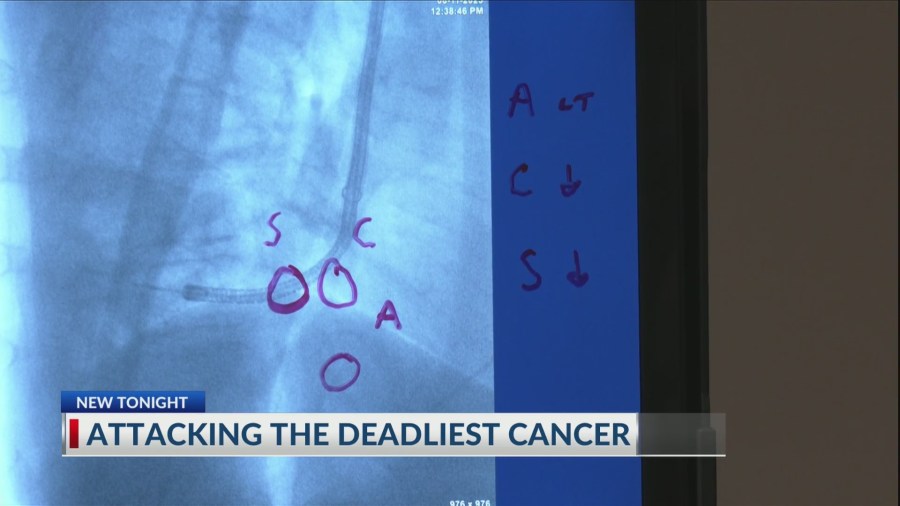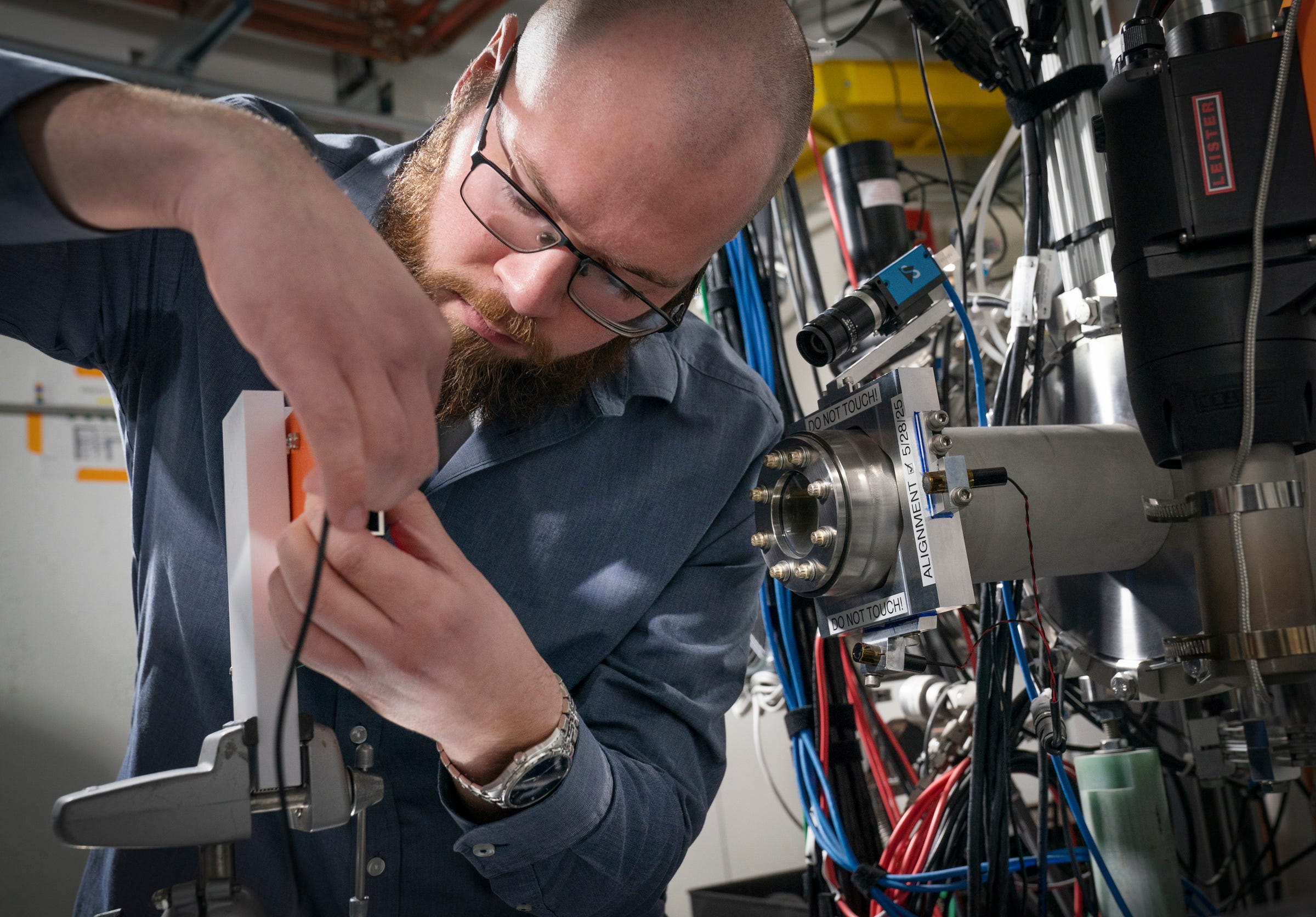
Doctors at St. Joseph’s/Candler Hospital in Savannah, Georgia, are utilizing advanced robotic technology to enhance the precision of lung cancer treatments. The innovative Monarch procedure allows physicians to accurately locate and target lung cancer nodules, significantly improving the chances of successful treatment.
During a demonstration, Dr. Douglas Mullins performed the procedure, showcasing its effectiveness in identifying small nodules that traditional imaging methods might overlook. This method has become increasingly significant during Lung Cancer Awareness Month, as the disease remains the leading cause of cancer-related deaths globally.
The Monarch system operates with a device resembling a video game controller, guiding a tube to the exact location of a detected nodule. This technology offers a visual representation akin to a Google map, providing clarity and accuracy. Dr. Mullins noted that the procedure is particularly beneficial for patients with small nodules, which can be difficult to locate using more conventional surgical robots like the DA Vinci.
“We have a high suspicion that that nodule is cancer,” Dr. Mullins stated. “The nodule is very, very small, making it challenging for a surgeon to identify.” The Monarch system not only marks the nodule’s location but also assists surgeons in determining the precise area to remove, thus enhancing surgical outcomes.
The advantages of this robotic technology extend beyond mere accuracy. Dr. Mullins explained that the procedure’s precision has increased the likelihood of successful biopsies from a previous rate of 10-15% to over 90%. This improvement has made the process much safer for patients and has the potential to shorten recovery times and hospital stays.
“This technology allows us to do more limited surgeries, which translates to better recovery experiences for our patients,” Dr. Mullins added. His commitment to patient care is evident, as he expressed fulfillment in providing treatment options that help individuals return to their daily routines quickly.
“Every patient that has this procedure done is absolutely thrilled,” he emphasized. Many patients have previously been unaware of the significance of their small nodules, often dismissed as benign. At St. Joseph’s/Candler, the team specializes in identifying these potentially serious conditions, which can be missed at other facilities.
Dr. Mullins encourages individuals, especially those with a history of smoking or a family background of lung cancer, to consider lung cancer screenings as a proactive measure. Early detection remains a crucial element in the fight against this formidable disease.
With only a handful of hospitals across the United States employing the Monarch procedure, St. Joseph’s/Candler is at the forefront of lung cancer treatment innovation. As awareness grows, the integration of such technology into routine practices could revolutionize lung cancer diagnosis and treatment.






